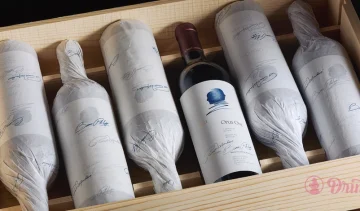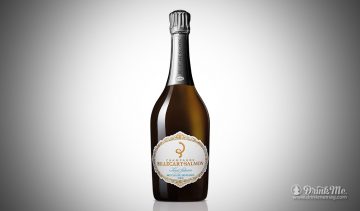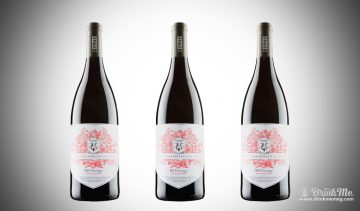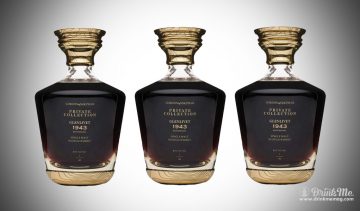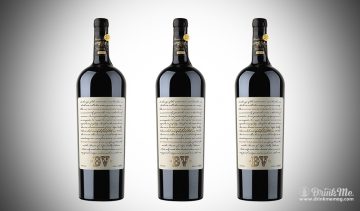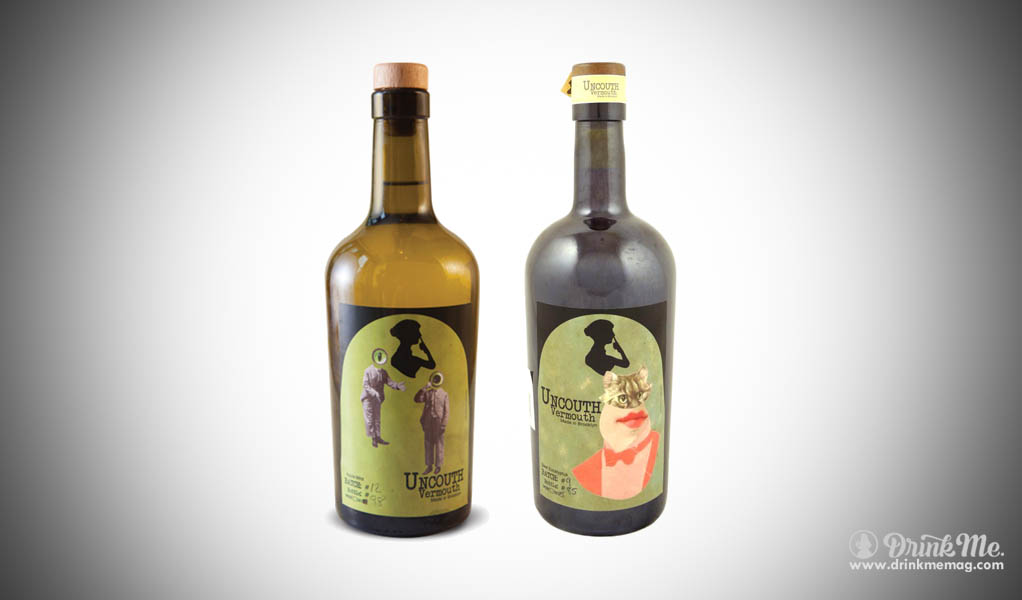Aptly chosen, Uncouth Vermouth’s logo features the all-black silhouette of a woman sticking her finger up her nose. This version of the Manhattan and Martini staple ingredient has been attracting the ire of traditional Vermouth distillers, turning their noses up at this variation’s lack of wormwood.
The first alcoholic vermouth was concocted in 1786 by Benedetto Carpano of Turin, Italy. Since then, Italy and France have been regarded as pioneers of Vermouth and the authoritative distillers. According to EU Law, vermouth must meet the following standards:
- Must be at least 75% wine
- Must use artemesia ( of which wormwood is a member) as the main bittering agent [edit: the actual language around it is “the characteristic taste of which is obtained by the use of appropriate derived substances, in particular of the Artemisia species, which must always be used”]
- 14.5% – 21% ABV
- Must be fortified
The founder of Uncouth Vermouth, Bianca Miraglia, does not use wormwood in her vermouth. Instead, Miraglia uses wormwood’s cousin, artemisia vulgaris, also known as mugwort. Iconic vermouth distiller (or vintner?) Mauro Vergano, contends that though Uncouth Vermouth may please the palate and taste like vermouth, it’s not vermouth because it does not use wormwood.
While some insist on judging a libation by its age-old rubric, Uncouth Vermouth is a delicious apertif that whets the appetite and satisfyingly mixes with whisky, bitters, and a maraschino cherry to create a delicious Manhattan.
Uncouthly straying from vermouth’s historical wormwood requisite doesn’t disqualify its “vermouth” classification. Rather, its revolutionary composition blazes its own trail.
Artemisia’s cousin, artemisia vulgaris, is stealing the limelight. No one likes when one’s younger, hipper cousin is the center of attention. We understand the derision from old-school vermouth distillers. Get over it; Uncouth Vermouth is here to stay.


